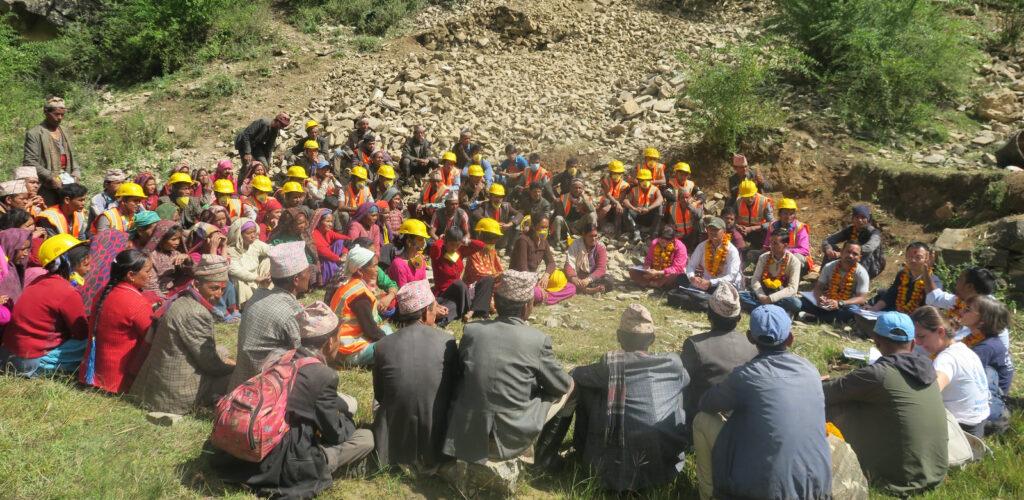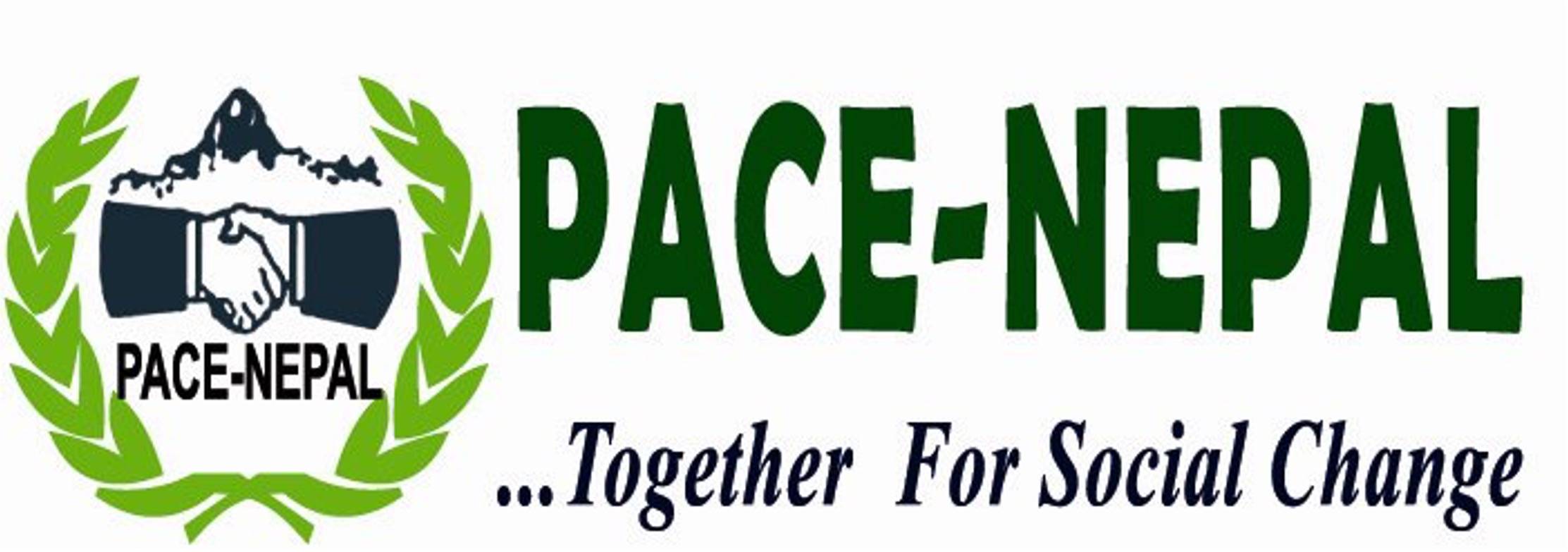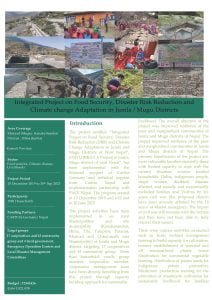Our Work.
Disaster Risk Reduction
Disaster Risk Reduction
The DRR CCA project aims for improved resilience of the poor, marginalized and vulunerable communities of Jumla and Mugu districts of Nepal.
The primary beneficiaries of the project are, most vulnerable families especially those with limited capacity to cope with the current situation women headed households, Dalits, indigenous people, single women, disabled, disaster affected, and socially and economically excluded families and Victims by 10-years civil war (the proposed district have been severely affected by the 10 years’ of Maoist insurgency. The impact of civil war still remains with the victims and they have not been able to fully recover their losses).

- 15 school Hazard Mapping
- 144 Vulnerable Capacity assessment at school
- Gavin box construction
- Landslide protection and soil stabilization – (7 hectares)
- 1500 Meter Foot trail construction
- 300 Meter Barbare weir fencing in school
- Formed child club in the government school.
- Provided DRR preparedness trainings especially on earthquake safety
- Each child club have created emergency fund Rs.15000 at school.
- Prepared the emergency preparedness plan by the child club members.
- Advocacy & technical support provided to the local authority for LDCRP.
- Prepared Disaster Preparedness Response plan (DPRP) of Jumla districts.
- 274 HHs have evacuation plan.
- Mason Training: 115 have received mason training for earthquake resistant construction and trained masons are able to earn about 40,000 in a month. Retrofitting have been done of the potential damaged schools and houses.
- Hoarding Board: Hoarding boards have been displayed in the different location for DRR sensitization.
- Radio Jungle broad casted for the safety measures on various emergencies such as COVID 19 pandemic/earthquake/fire/floods.
- Mitigation measures
- Plantation: 41 hectares commercial fruit farming ( 14125 plants)
- Support for home gardening – 1722 Households (52571 plants)
- The community people have restricted the open grazing and protected the area by fencing wire in the coordination with local government.
- Stone boundary walls constructed.
- Check dam: Constructed check dam to prevent the village and the cultivated land from landslide at Jumla and Mugu district.
Climate Change Adaption
Pace Nepal’s impactful efforts on climate change adaptation encompass diverse fields, such as promoting resilient agriculture through seasonal farming, implementing innovative soil and water conservation techniques, enhancing livelihoods with greenhouse-based vegetable cultivation, and bolstering disaster preparedness through comprehensive risk reduction plans and health campaigns.
Disaster Risk Reduction
Pace Nepal’s DRR/CCA work spans hazard mapping, vulnerability assessment, innovative infrastructure like Gavin boxes, soil stabilization, foot trail construction, child club-driven preparedness, earthquake safety training, and advocating for robust disaster response plans at local and district levels.
Water, Sanitation & Hygiene
Pace Nepal’s WASH efforts include repairing water supply schemes, constructing child-friendly handwashing stations, providing clean water to households and schools, promoting hygiene education, enhancing menstrual hygiene management, and fostering community awareness and engagement
Education
Pace Nepal diligently promotes education through multifaceted efforts, encompassing STEAM education support, teacher training, remedial classes, and digital integration, empowering students and educators alike.
Protection
Pace Nepal actively safeguards vulnerable individuals by establishing protective mechanisms, promoting access to justice, conducting mass awareness campaigns, providing capacity-building training, and fostering dialogue and collaboration among duty-bearers and service providers to address issues such as child marriage, violence against children and women, ensuring a safer environment in Jumla.
Human rights, Human Security and Peace building
PACE Nepal actively engages in promoting human rights, enhancing human security, and fostering peace building in its operational areas.



















